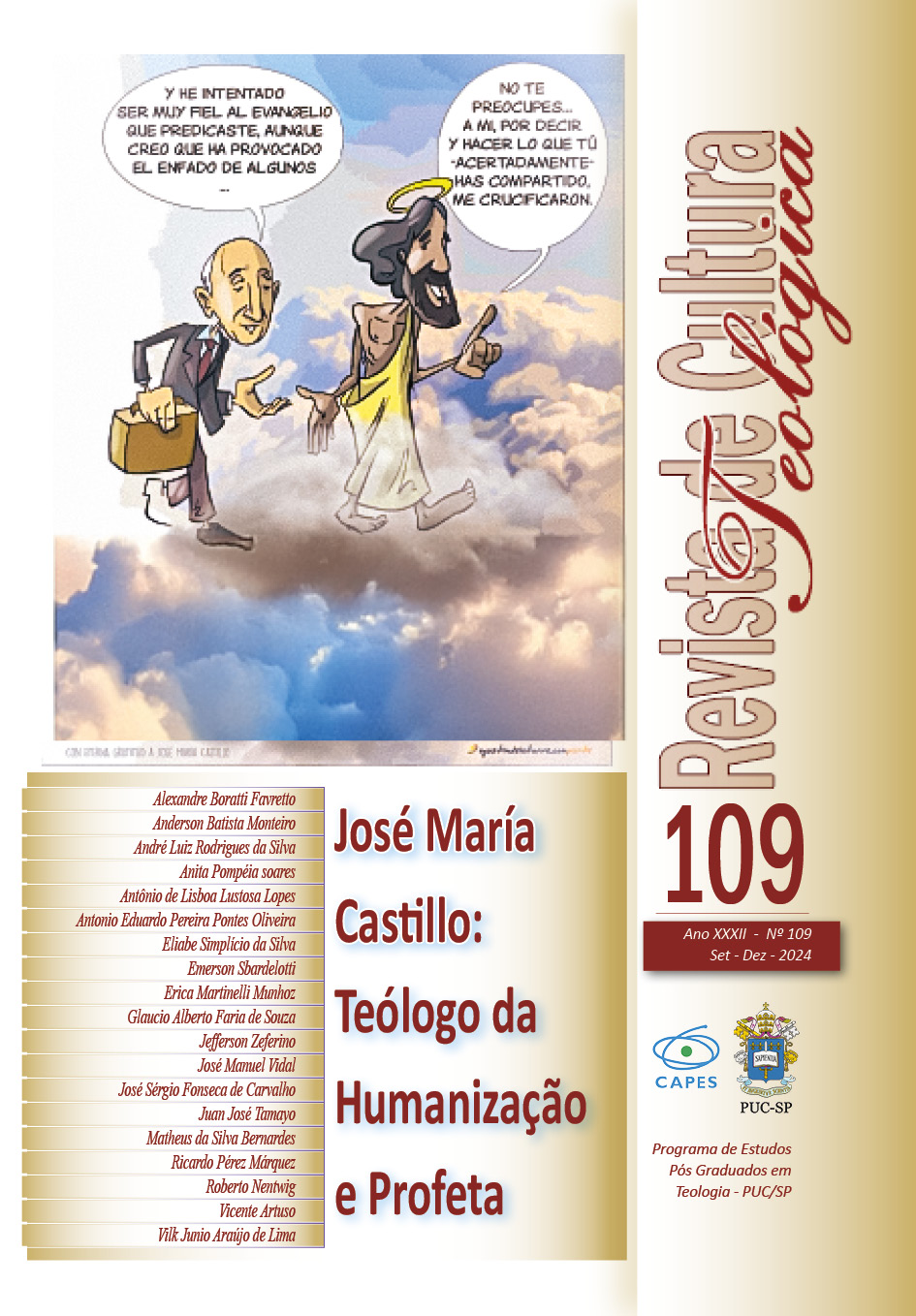Entre o espaço de experiências e o horizonte de expectativas
considerações ricoerianas para pensar a escola brasileira na contemporaneidade
DOI :
https://doi.org/10.23925/rct.i109.66609Mots-clés :
espaço de experiências, horizonte de expectativas, Paul Ricoeur, escola, filosofia da educaçãoRésumé
Embora Paul Ricoeur tenha escrito e se pronunciado sobre a educação, ela não figura entre os temas mais desenvolvidos na extensa obra do autor. No entanto, aqui partimos do pressuposto de que algumas de suas reflexões podem lançar luz sobre questões que perpassam o contexto educacional brasileiro, na contemporaneidade. No capítulo que encerra o livro Tempo e Narrativa, Ricoeur propõe a abertura do espaço de experiências pregressas de um povo a fim de encontrar experiências massacradas, inauditas, capazes de redimensionar o horizonte de expectativas futuras desse mesmo povo. No contexto brasileiro, bastante marcado por lógicas coloniais que fizeram inúmeras vítimas, as considerações do autor nos levam a pensar que tipo de relação com o passado pode-se criar numa instituição específica, a escola. Por sua posição intermediária entre o passado e o futuro, a escola parece ser um local privilegiado para fazer do presente algo vivo, como sugere Ricoeur nesse mesmo capítulo.
Références
BENJAMIN, Walter. Sobre o conceito de história. In: BENJAMIN, Walter. Magia e técnica, arte e política: ensaios sobre literatura e história da cultura. Tradução de Sérgio Paulo Rouanet. São Paulo: Brasiliense, 2012.
BRASIL. Lei nº 10639 de 9 de janeiro de 2003. Ministério da Educação. Diretrizes Curriculares Nacionais para a Educação das Relações Étnicos Raciais e para o Ensino de História e Cultura Afro-Brasileira e Africana. MEC/SECAD. 2005.
Disponível em: http://www.planalto.gov.br/ccivil_03/leis/2003/l10.639.htm. Acesso em: 6 mai. 2024.
BRASIL. Lei 11.645/08 de 10 de Março de 2008. Altera a lei n. 9.394, de 20 de dezembro de 1996, modificada pela lei n. 10.639, de 9 de janeiro de 2003, que estabelece as diretrizes e bases da educação nacional, para incluir no currículo oficial da rede de ensino a obrigatoriedade da temática “História e Cultura Afro-Brasileira e Indígena”. Diário Oficial da União, Brasília, DF, 11 mar. 2008. Disponível em: https://www.planalto.gov.br/ccivil_03/_ato2007-2010/2008/lei/l11645.htm. Acesso em: 6 mai. 2024.
FORQUIN, Jean-Claude. Escola e cultura. As bases sociais e epistemológicas do conhecimento escolar. Tradução de Guacira Lopes Louro. Porto Alegre: Artes médicas, 1993.
GAGNEBIN, Jeanne Marie. Lembrar escrever esquecer. São Paulo: Editora 34, 2006.
KOSELLECK, R. Futuro Passado. Contribuição à semântica dos tempos históricos. Tradução de Wilma Patrícia Maas, Carlos Almeida Pereira. Rio de Janeiro: Contraponto, Editora PUC-RJ, 2006.
NIETZSCHE, Friedrich Wilhelm. Obras incompletas/ Friedrich Nietzsche. Seleção de textos de Gérard Lebrun; Tradução de Rubens Rodrigues Torres Filho. São Paulo: Abril Cultural, 1983.
NIETZSCHE, Friedrich Wilhelm. Seconde considération inactuelle. De l’utilité et des inconvénients de l’histoire pour la vie. Traduction de Henri Albert. Édition électronique (ePub, PDF) v.: 1,0: Les Échos du Maquis, 2011.
RICOEUR, Paul. Tempo e narrativa 3: O tempo narrado. Tradução de Claudia Berliner. São Paulo: Editora Martins Fontes, 2019.
VASHEN, Yad. Shoá. O holocausto, como foi humanamente possível? The World Holocaust Remember Center. Disponível em:https://www.yadvashem.org/yv/en/exhibitions/ready2print/pdf/shoah-portugues.pdf. Acesso em 6 mai.2024.
Téléchargements
Publié-e
Comment citer
Numéro
Rubrique
Licence
© Revista de Cultura Teológica 2024

Cette œuvre est sous licence Creative Commons Attribution - Pas d'Utilisation Commerciale - Pas de Modification 4.0 International.
Os autores concedem à revista todos os direitos autorais referentes aos trabalhos publicados. Os conceitos emitidos em artigos assinados são de absoluta e exclusiva responsabilidade de seus autores.

